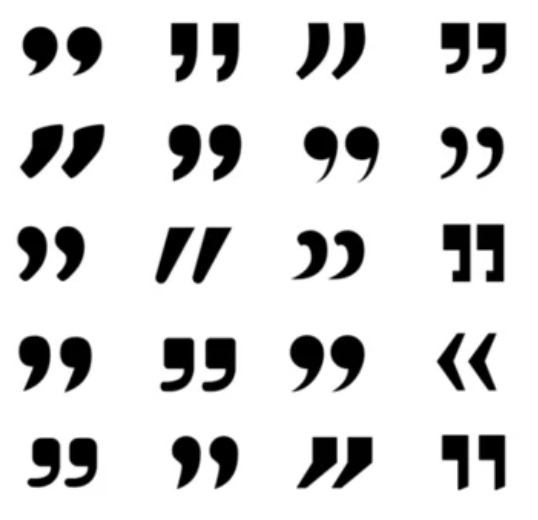Celebrating 5 Years of Cultural Analytics
I am very proud to announce that the journal that I edit and co-founded has turned five!
In the past five years, the Journal of Cultural Analytics has published 107 articles, 5 special issues, moved through two open-access publishing platforms, accrued over 1,000 subscribers, is now indexed by Google Scholar, Scopus, and the MLA, and has a CiteScore of 3.6, with over 80% of articles being cited at least once.
The journal is making an impact well beyond what we initially imagined.
When we began, we wanted to create a publishing space where people working on applying computational methods to the study of culture could get timely and reliable feedback on their work. While there were some existing venues at the time, we felt there was room for a publishing platform that focused as much on the theoretical concerns of disciplinary questions as the thorny problems of applying computational models to the study of culture. As we stated in our mission statement, we wanted the journal to provide the foundations of a new intellectual movement.
We’re now averaging just over 1.5 months to get decisions back to authors, which is well below the norm in academic journal publishing. While there is always more work to do here, I’m extremely proud of the hard work reviewers do to make this possible. Our aim is to get good work out there in a more timely way.
Perhaps even more important is the way articles in CA are addressing specific and long-standing issues in various cultural disciplines using novel computational methods. We’re innovating at the level of developing novel methods as well as answering important questions related to the study of culture. There continues to be so much room to explore here.
In many ways, my mantra as editor these days is “Back to the Basics.” While I think we were right in the early days to concentrate on the Big Questions — to provide a kind of proof of concept as it were — I think the field will benefit tremendously by continuing to go backwards. What do we know about how existing models perform on different kinds of data? What effects do different samples have on expected outcomes? How can we replicate more existing work? Can we devise reliable methods for validating models to study culture? As much as I love to see work studying specific cultural problems or innovating at the level of theory or model building or asking new questions, I also think there is a ton of room to continue to build solid methodological foundations.
It wouldn’t be an anniversary without a party. To celebrate, we are publishing a series of vision statements on our blog by you our editors and readers about where we hope the field goes in the future. Basically, let’s figure it out together: What’s Next?

